
A septic tank seems like an invisible part of your routine until something goes wrong. That’s the moment you see just how much of your life relies on it running properly. Many people discover too late that some home products can damage this system. So, here’s a look at ten common things you must keep away from your septic tank to avoid problems.
Cooking Oils And Grease
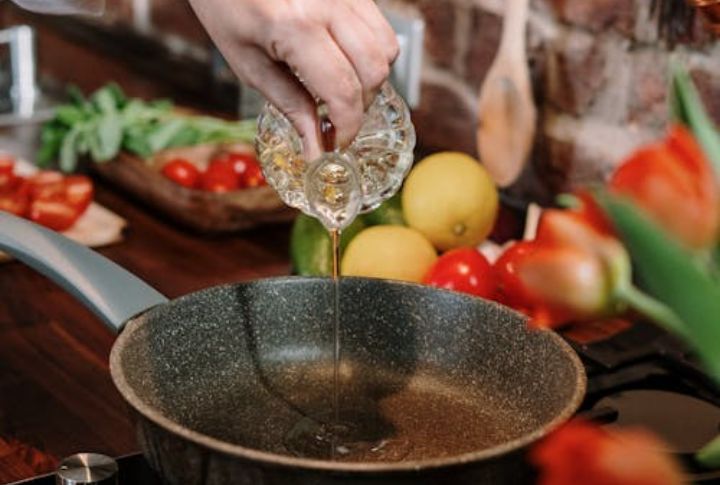
Sure, tossing cooking oils down the drain might seem like an easy solution, but that shortcut leads to major headaches. When grease solidifies in pipes, it blocks the septic system’s natural breakdown. Soon, small clogs escalate into failures that demand expensive professional repairs.
Coffee Grounds
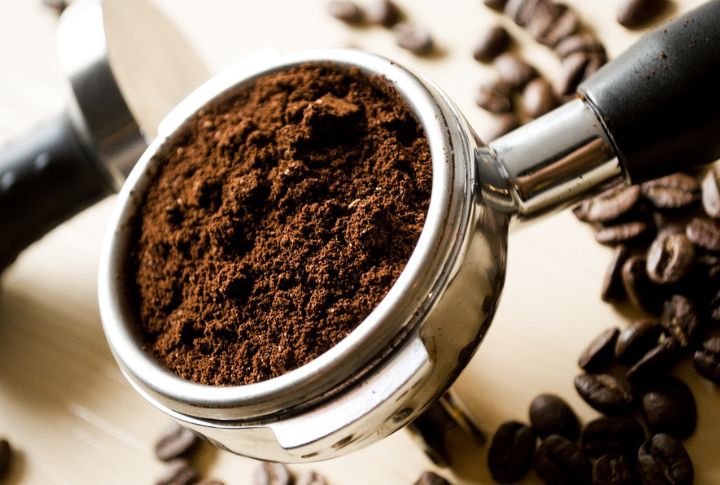
Septic systems face a triple threat when coffee grounds enter the equation: they accumulate as performance-choking sludge, create stubborn drain clogs, and critically disrupt the bacterial balance necessary for waste processing. The solution is to redirect those grounds to trash bins or repurpose them as natural deodorizers.
Harsh Chemical Cleaners
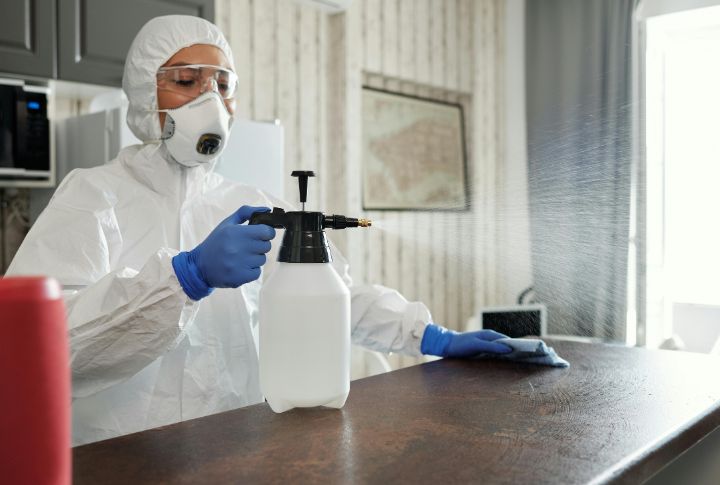
Did you know your septic tank relies on an amazing microscopic ecosystem of beneficial bacteria to break down waste? It’s fascinating science at work, until harsh chemical cleaners disrupt this delicate balance and corrode vital system components. So, use septic-safe cleaning products such as vinegar and baking soda.
Paints And Solvents
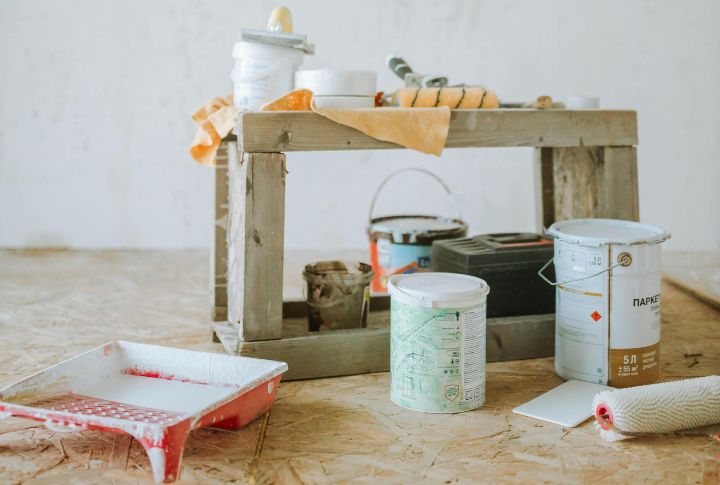
Paints and solvents may seem harmless once washed away, but they’re anything but. They seep into septic systems, disrupting waste processing and risking contamination of surrounding soil and groundwater. A smarter choice is using local hazardous waste collection days to ensure safe and responsible paint disposal.
Wet Wipes
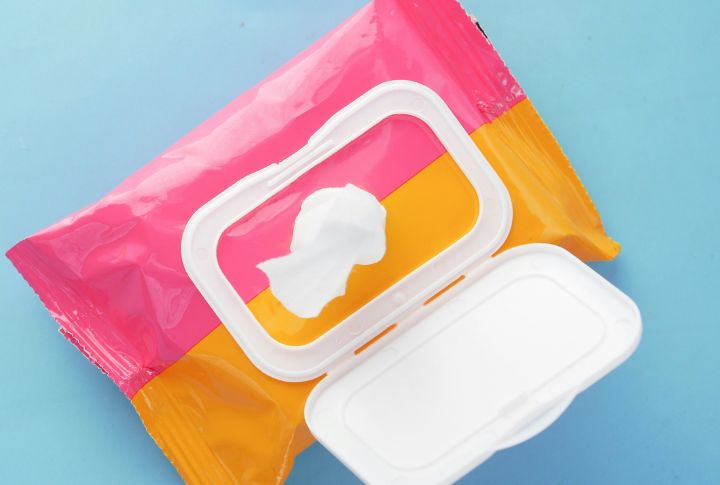
Despite their modest cost per package, wet wipes can cause significant financial damage through septic repairs when they accumulate and block pipes. The expense multiplies at the municipal level, with cities spending millions to clear blockages. These products are marketed as “flushable” yet fail to break down in septic systems.
Feminine Hygiene Products
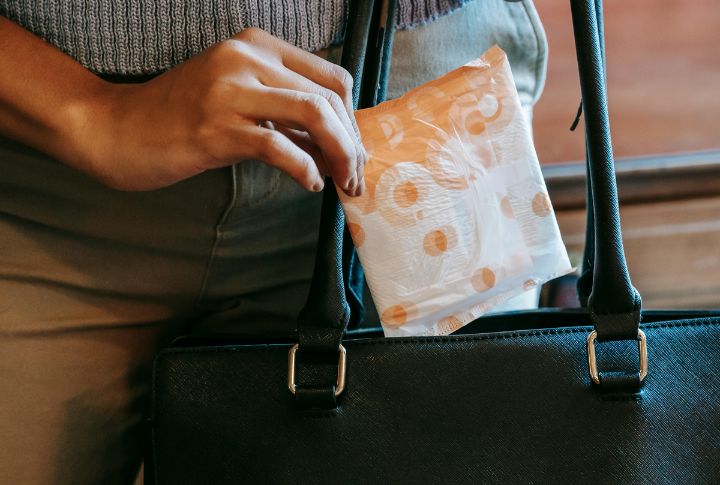
Consider this mind-boggling math: each woman goes through thousands of feminine hygiene products in her lifetime, which would be fine if these items played nicely with septic systems. Spoiler alert: they don’t! Even those trendy organic cotton “eco-warriors” expand like sponges underwater and create plumbing drama worthy of a bathroom blockbuster.
Cat Litter
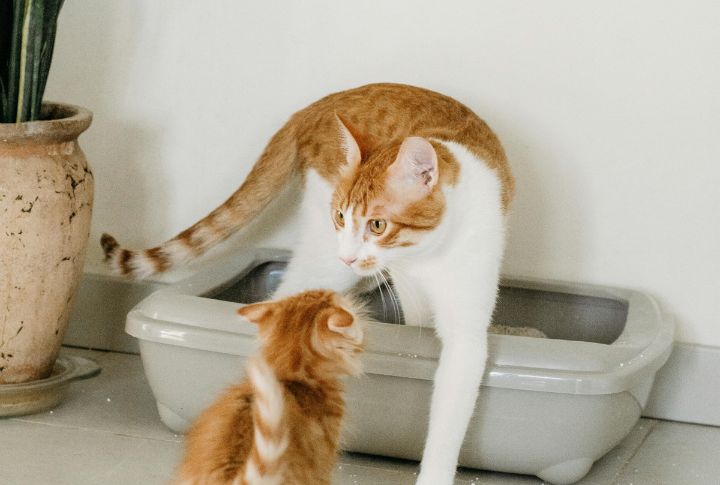
Since its humble beginnings as an innovative clay product in 1947, cat litter has expanded to include materials like silica. Convenience aside, every type poses risks to septic systems. Even biodegradable options made from paper or corn can create stubborn clogs that refuse to break down and cause costly problems.
Medications
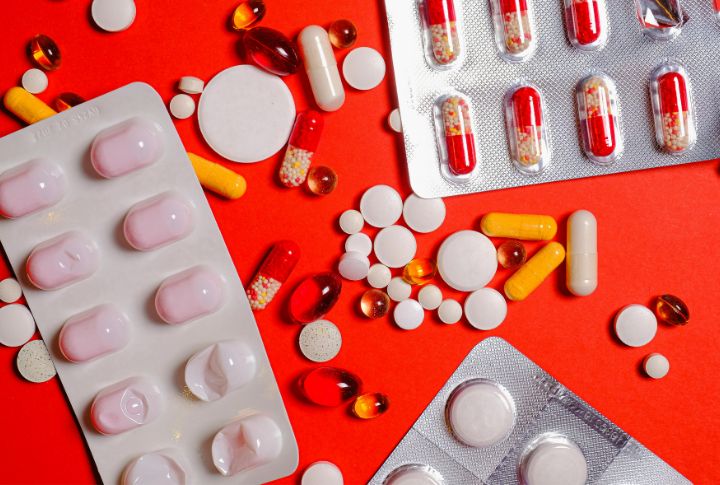
Flushing medications sets off a troubling chain reaction by disrupting the bacterial balance within septic systems. Pharmaceuticals then leach into groundwater supplies, eventually contributing to contamination found in rivers and lakes worldwide. The better choice is pharmacy take-back programs, which provide a responsible disposal solution for medications.
Food Scraps
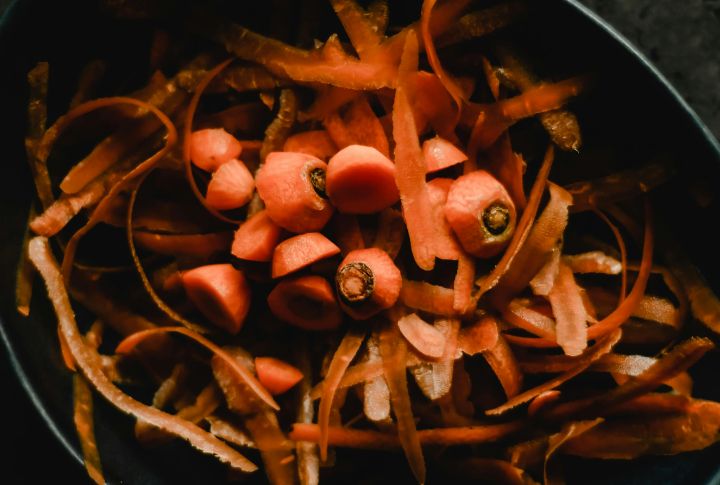
Septic tanks are built for wastewater, not food. When scraps enter, they don’t dissolve. They accelerate sludge buildup and threaten nearby groundwater through system breakdowns. Composting gives you the right outcome, converting leftovers into valuable soil amendments that recycle nutrients while protecting both the environment and your septic system.
Lawn Products
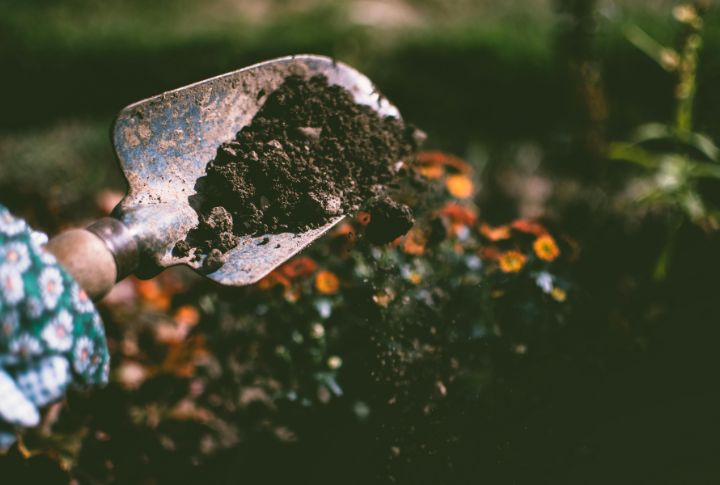
You might not link lawn care to septic health, yet the two are connected. Fertilizers and chemicals applied too close can leach into tanks, while poor storage or drain disposal magnifies damage. Protecting the system means keeping products at a safe distance and out of household plumbing.

